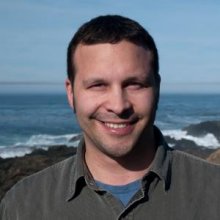The Berkeley Institute for Data Science (BIDS) is a central hub of research and education at UC Berkeley designed to facilitate and nurture data-intensive science. We are building a community centered on a cohort of talented data science fellows and senior fellows who are representative of the world-class researchers from across campus and are leading the data science revolution within their disciplines.
Our initiatives are designed to bring together broad constituents of the data science community, including domain experts from the life, social, and physical sciences and methodological experts from computer science, statistics, and applied mathematics. While many of these individuals rarely cross professional paths, BIDS actively seeks new and creative ways to engage and foster collaboration across these different research fields.
In this presentation, I will share some exciting activities that are actively being developed at BIDS and describe how we are working to address a number of data science related challenges in scientific research.

